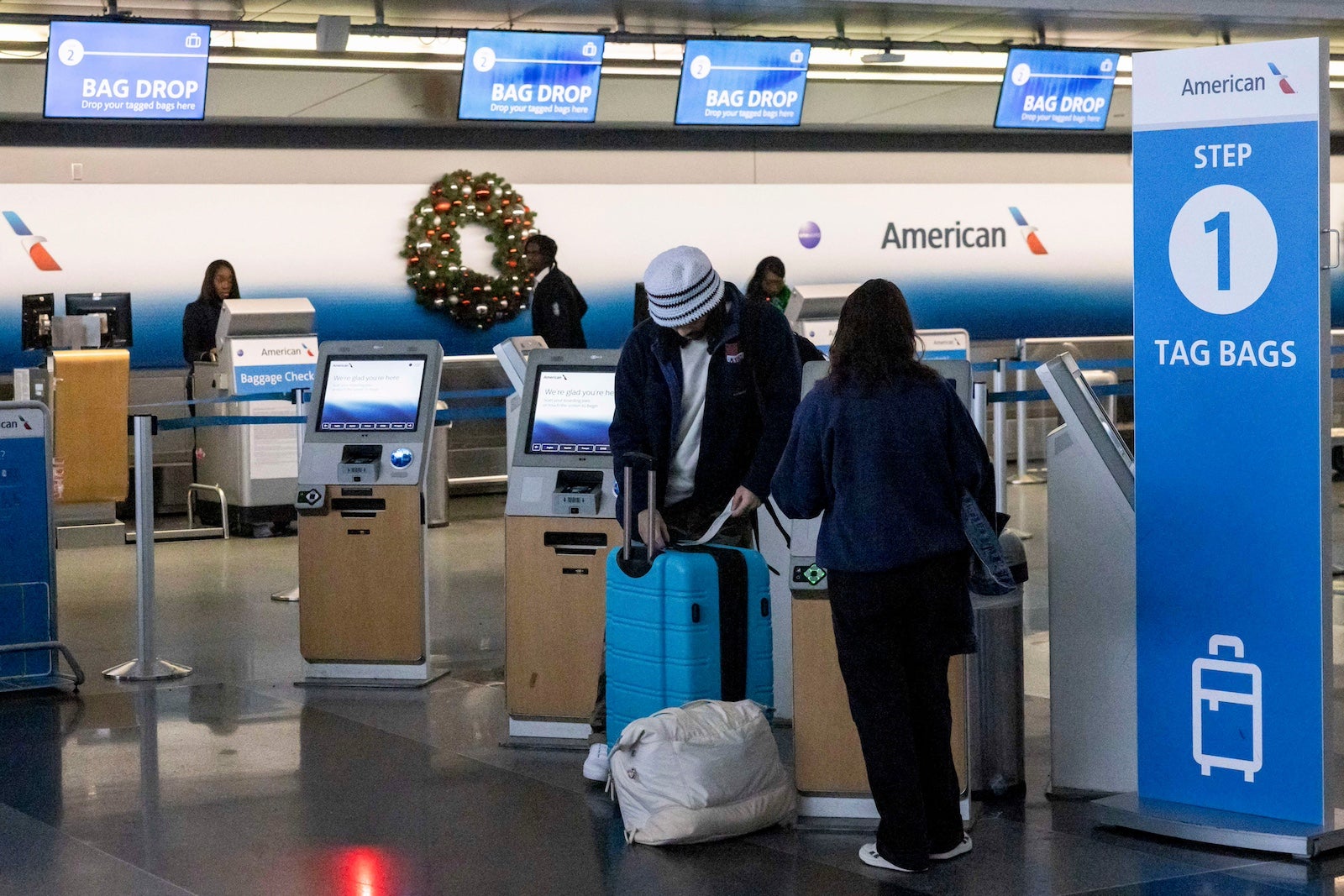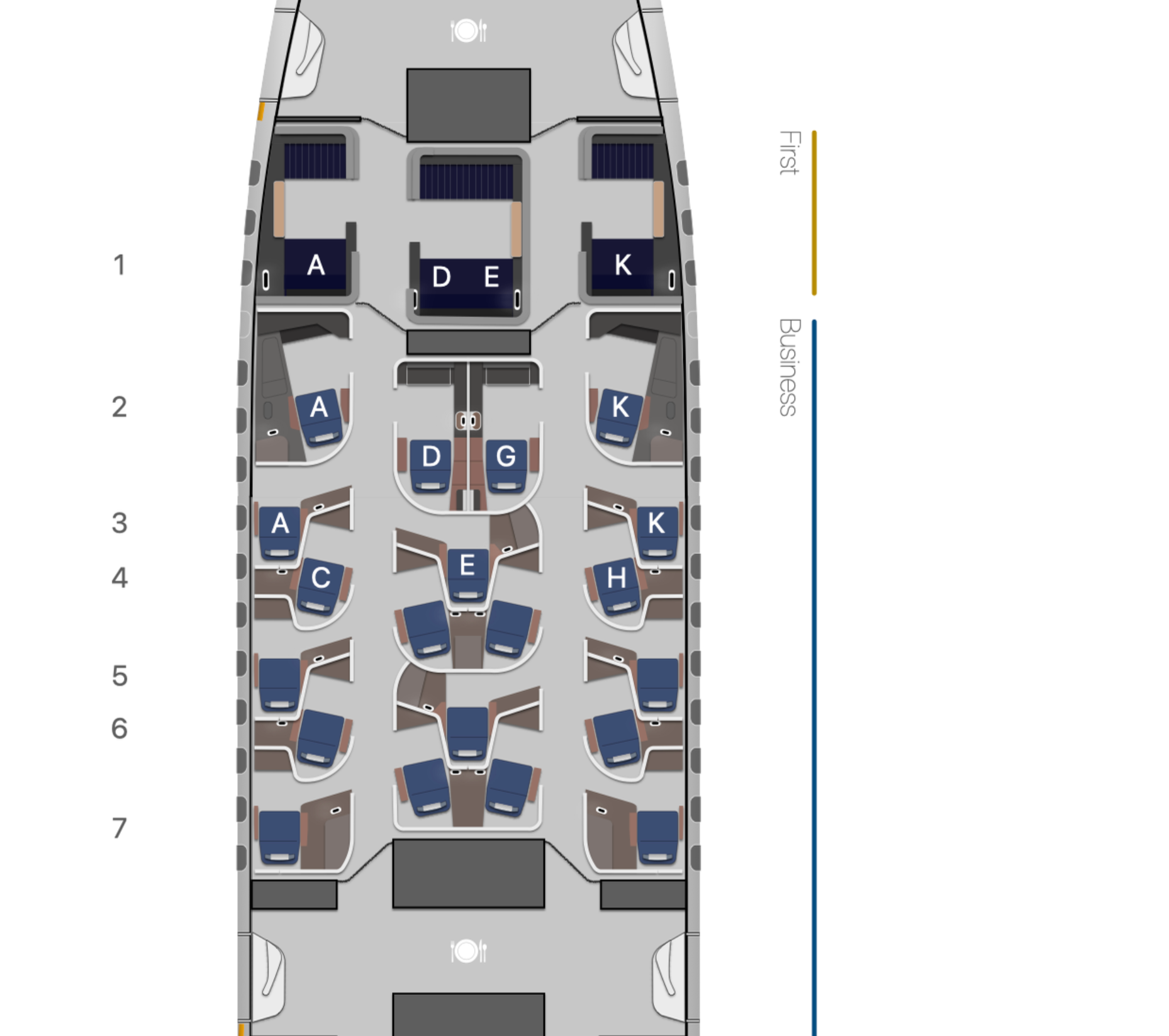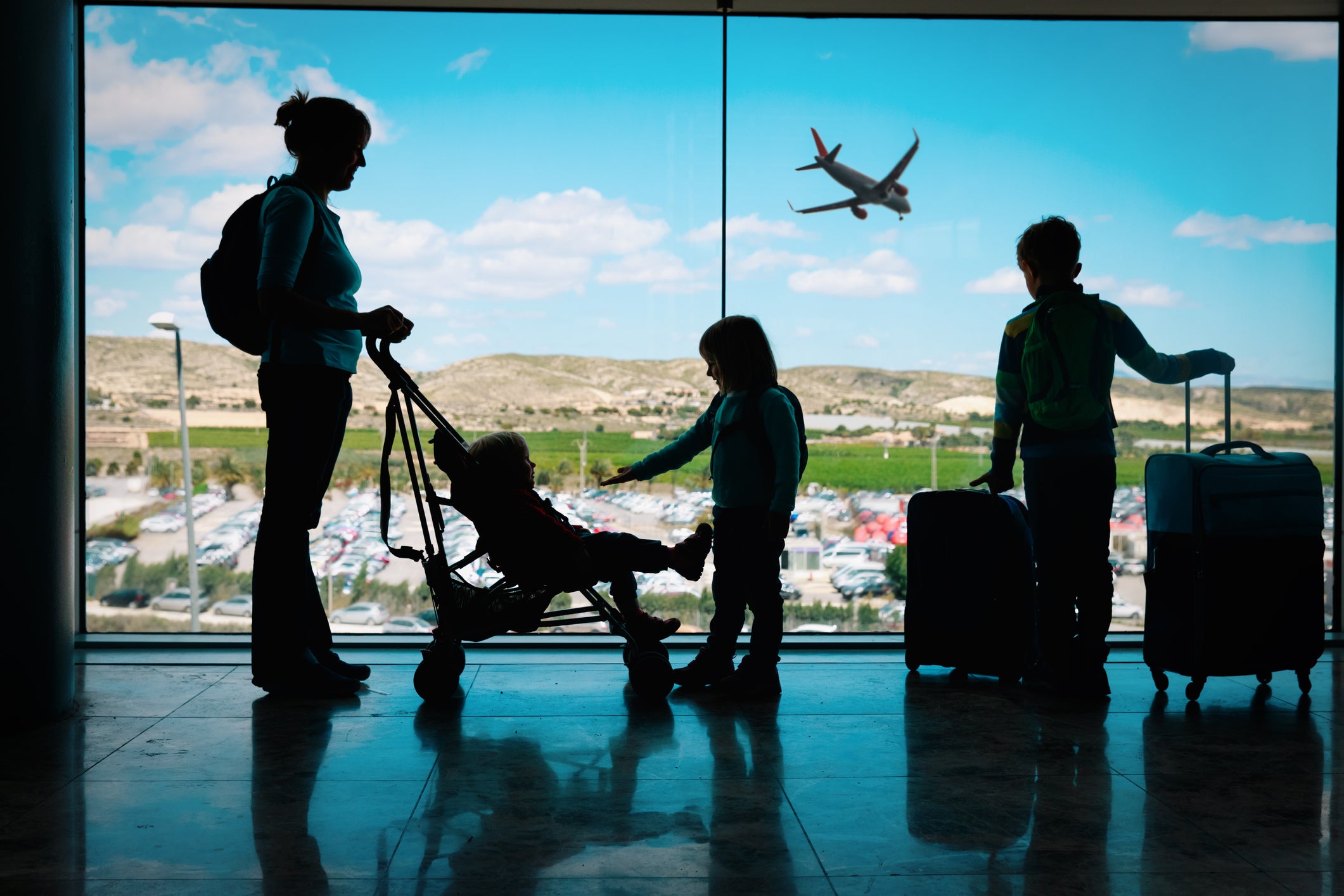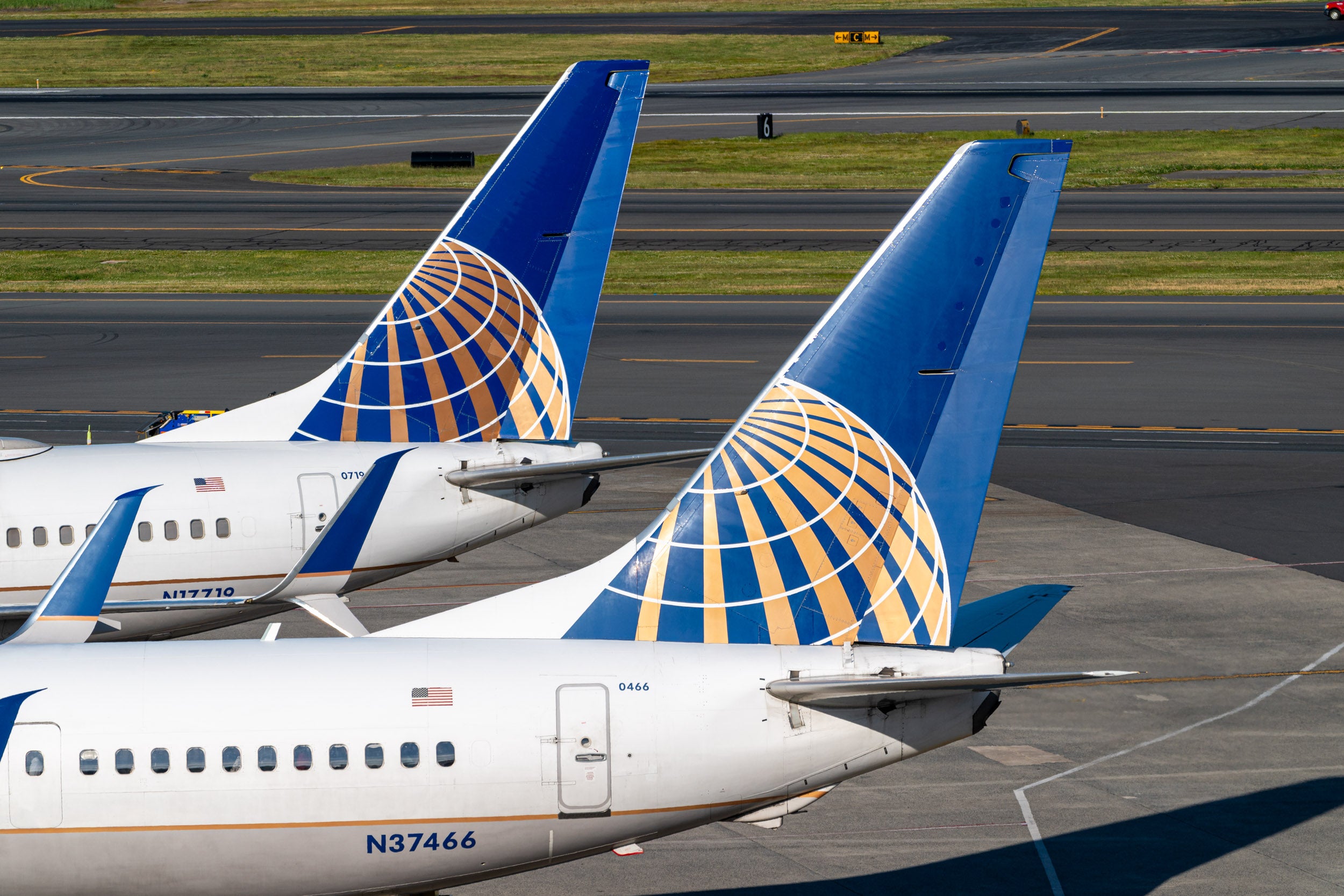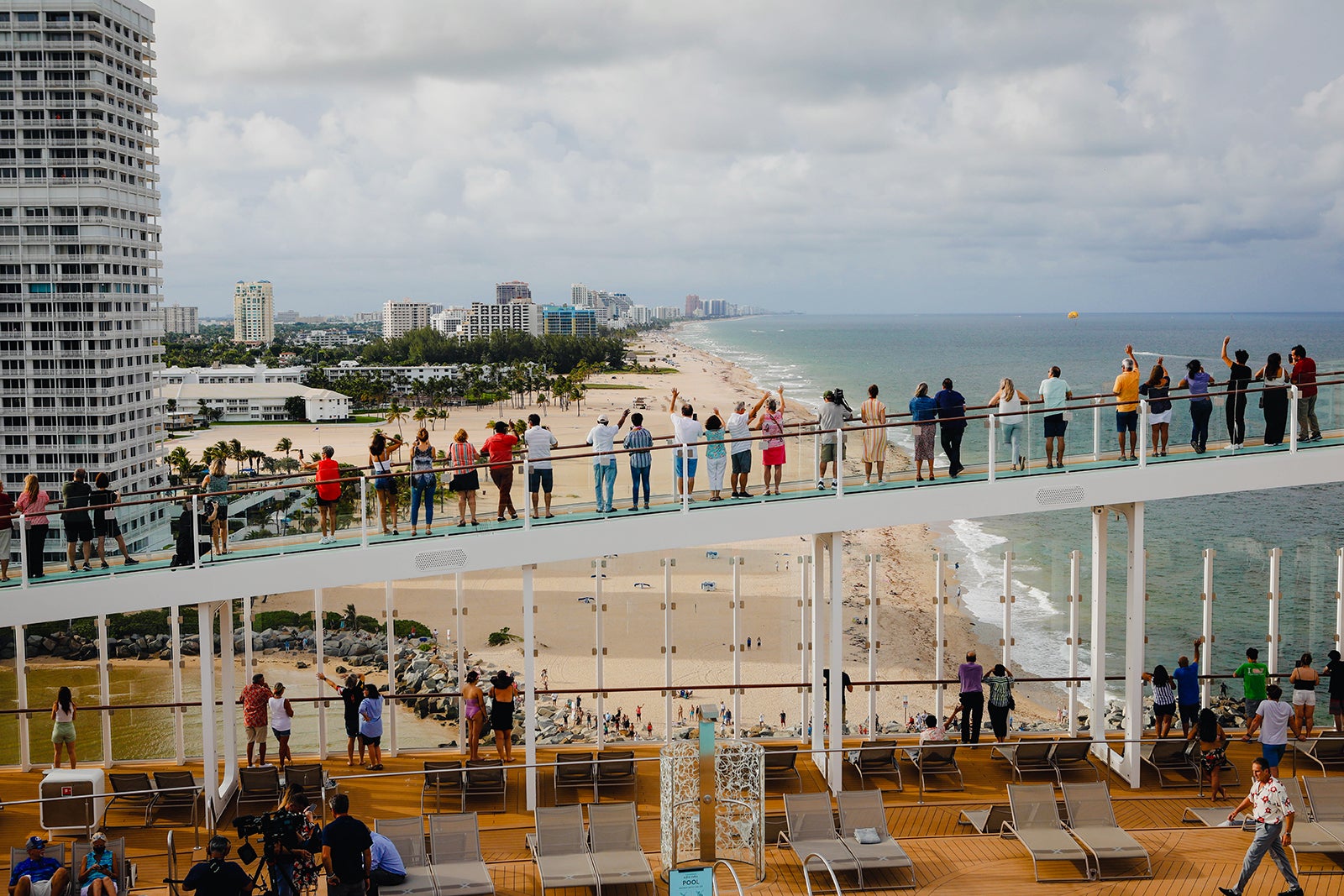Holiday air travel snarled by thunderstorms
This holiday season, it’s been severe thunderstorms — not snow or ice — that have proven to be main hurdle for the millions of travelers headed to airports.
And more trouble could be brewing.
Stormy weather snarled air traffic on Thursday at Dallas Fort Worth International Airport (DFW), the nation’s second busiest airport — and also led to mounting delays at nearby Dallas Love Field Airport (DAL) and to the south at Houston’s George Bush Intercontinental Airport (IAH).
At DFW, nearly half of all departing flights were delayed Thursday. And more than a fifth of flights were canceled, as a slow-moving storm system fueled multiple ground stops over the course of the day.
Help! Here’s what to do if your flight is canceled or delayed
American Airlines, which operates its home base at DFW, was heavily affected by the severe weather, which fueled more than 1,000 flight delays and more than 300 cancellations Thursday, according to data from FlightAware.
Southwest Airlines saw more than 1,600 flights delayed Thursday, with its Dallas and Houston bases hampered by the stormy conditions. United Airlines, which has a hub at IAH, had more than 1,000 flights delayed Thursday, too.
The disruptions came on what was expected to be one of this holiday season’s busiest days at U.S. airports. The Transportation Security Administration screened more than 2.7 million passengers Thursday, and an even higher number of travelers could pass through security on both Friday and Sunday.
Between the crowds, weather and a Christmas Eve technology outage at American, it’s been a far more turbulent Christmas travel week than what travelers enjoyed over a relatively smooth-sailing Thanksgiving holiday.

Daily Newsletter
Reward your inbox with the TPG Daily newsletter
Join over 700,000 readers for breaking news, in-depth guides and exclusive deals from TPG’s experts
While American quickly recovered from Tuesday morning’s third-party tech glitch without canceling a single mainline flight (albeit with residual delays), bad weather on both Christmas Eve and on Thursday has complicated operations at its massive DFW hub this week.
So far Friday, operations at the carrier — and at other airlines across the country — seem to be generally back on track.
However, conditions could be dicey again this weekend, the National Weather Service warns. Severe storms are possible in parts of Louisiana, Arkansas, Mississippi and Alabama Saturday — and there’s a chance messy conditions could affect travel on the East Coast later this weekend.
“Sunday’s weather likely causes the most significant impacts for travelers during the weekend, with potential major disruptions for East Coast traffic. Thunderstorms across heavily-used air corridors from Florida to Virginia could cause routing deviations,” NOAA national aviation meteorologist Wes Adkins told TPG Friday.
Overall, airlines have enjoyed a far smoother year for operations than 2022, which left travelers with all too many memories of airline meltdowns — punctuated by Southwest Airlines’ holiday operational fiasco that year.
Airlines have routinely pointed to a two-decade high in staffing levels, along with other operational improvements, as a key to getting their schedules back on track when problems arise.
But as this week has shown, Mother Nature can always throw a wrench in travelers’ best-laid plans — as it certainly has for a portion of the 20 million-plus passengers who have already passed through airports this holiday season, dating back to last week.
Now, with tens of millions more passengers expected at airports between now and next weekend, here’s what you should know if you’re traveling.
Know your refund rights
Under U.S. Department of Transportation policy, if your flight is canceled or significantly delayed and you choose not to travel, you’re entitled to a refund for the unflown portion of your trip — and that goes even for flights disrupted because of weather.
But, keep in mind, the “choose not to travel part” is key: if you accept rebooking or other accommodations, you may not be refund-eligible.
Still, if a flight disruption affects your travel plans to the point that you’d rather stay put or take a different mode of transportation (including traveling on another airline) that refund can come in handy.
Read more: Flight canceled or delayed? Here’s what to do next
What about food vouchers, or other compensation?
Airlines have laid out a wide range of guarantees for meals, hotels and ground transportation costs for stranded passengers. You can find those promises at FlightRights.gov.
The caveat here: these promises are for “controllable” disruptions that are ultimately the airline’s responsibility. Bad weather, generally, does not fall under that category.
A credit card with travel insurance can help
This is where a credit card with travel insurance can help you recoup unexpected costs incurred when flight trouble happens. Just remember: in most cases, to successfully make a claim, you must have booked the trip with that card.
Read more: 10 best credit cards with travel insurance of December 2024
Watch your airline’s app closely
Finally, stay glued to your airline’s app if you anticipate flight delays, and certainly if you encounter trouble.
Oftentimes, airlines will offer you rebooking options through the app, allowing you to make changes to your reservation with a few taps of your finger — instead of having to wait in a long line, or on hold by phone.
Related reading:

